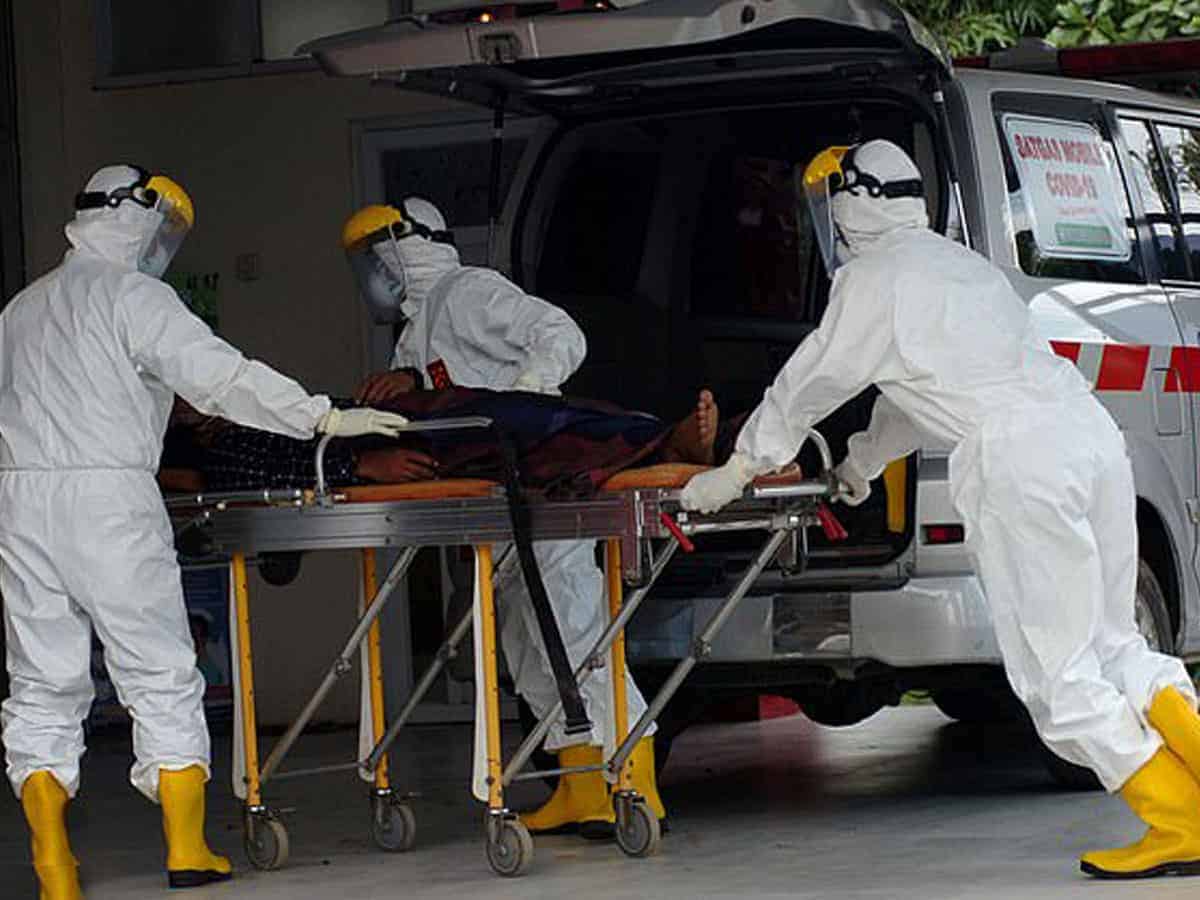London: Despite stabilizing the number of deaths, countries across Europe are seeing a resurgence in COVID-19 cases. Several countries issued fresh restrictions, as they move into winter, while questions of what could have gone wrong are being raised.
Some countries — such as Albania, Bulgaria, Czech Republic, Montenegro and North Macedonia— are seeing higher case numbers in August than they did earlier in the year.
Belgium, Italy and the UK — among Europe’s worst-hit countries — are seeing resurgence but, so far at least, nothing like March and April. Of the three, the UK’s figures look the most worrying. It registered 3,539 cases on September 12.
France, Poland, the Netherlands and Spain are likely dealing with the much-feared second wave and have started taking action to curb it. France, for example, declared 10,593 new cases on Thursday, the highest figure it has recorded.
On Friday, British Prime Minister Boris Johnson told reporters they are “now seeing a second wave coming in. There’s no question, as I’ve said for weeks now, that we could [and] are now seeing a second wave coming in. We are seeing it in France, in Spain, across Europe. It has been absolutely inevitable we will see it in this country.”
“I don’t want to go into second national lockdown. The only way we can do that is if people follow the guidance.”
What went wrong?
“We have a very serious situation unfolding before us,” said Dr. Hans Kluge, the World Health Organization’s regional director for Europe, on Thursday. He was speaking as he revealed Europe’s number of weekly infections was higher now than at the first peak in March. In late August, Kluge said the gradual increase in Europe’s cases could be partly explained by “the relaxation of public health and social measures, where authorities have been easing some of the restrictions and people have been dropping their guard.”
While on the face of it infection numbers might be higher, it could be accounted for by the increase in testing—many countries didn’t have the capacity to carry out tests in such a high volume earlier in the year.

